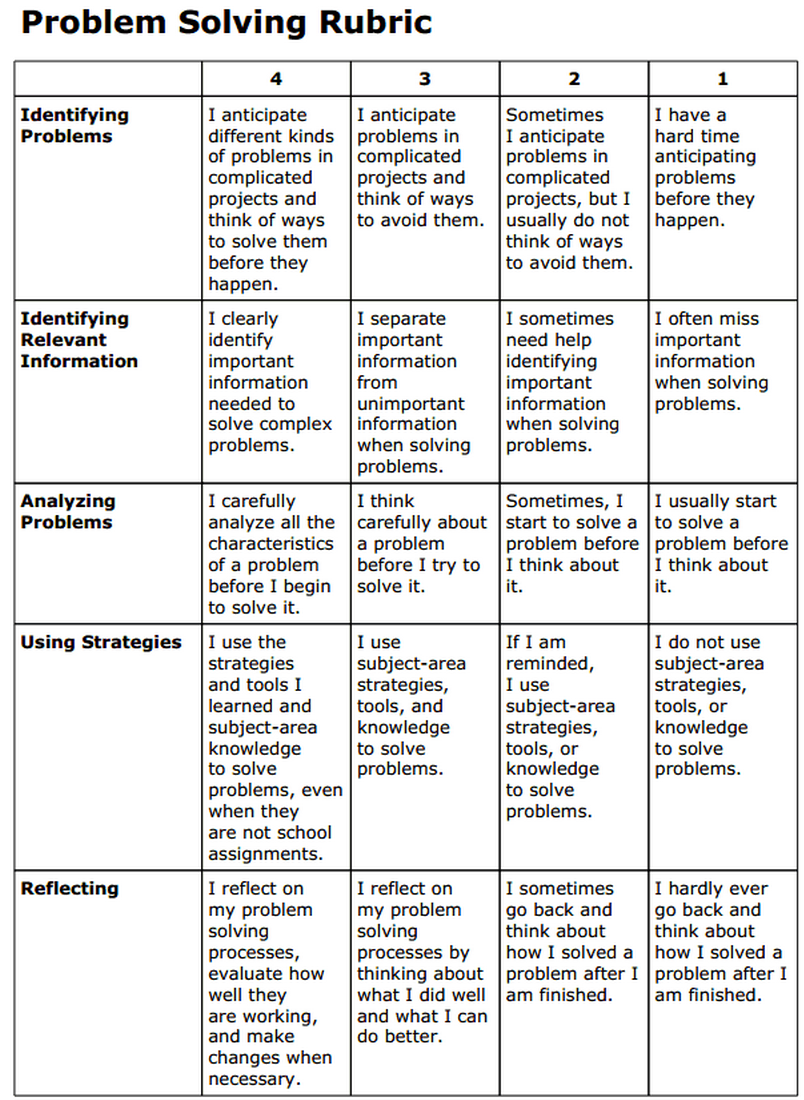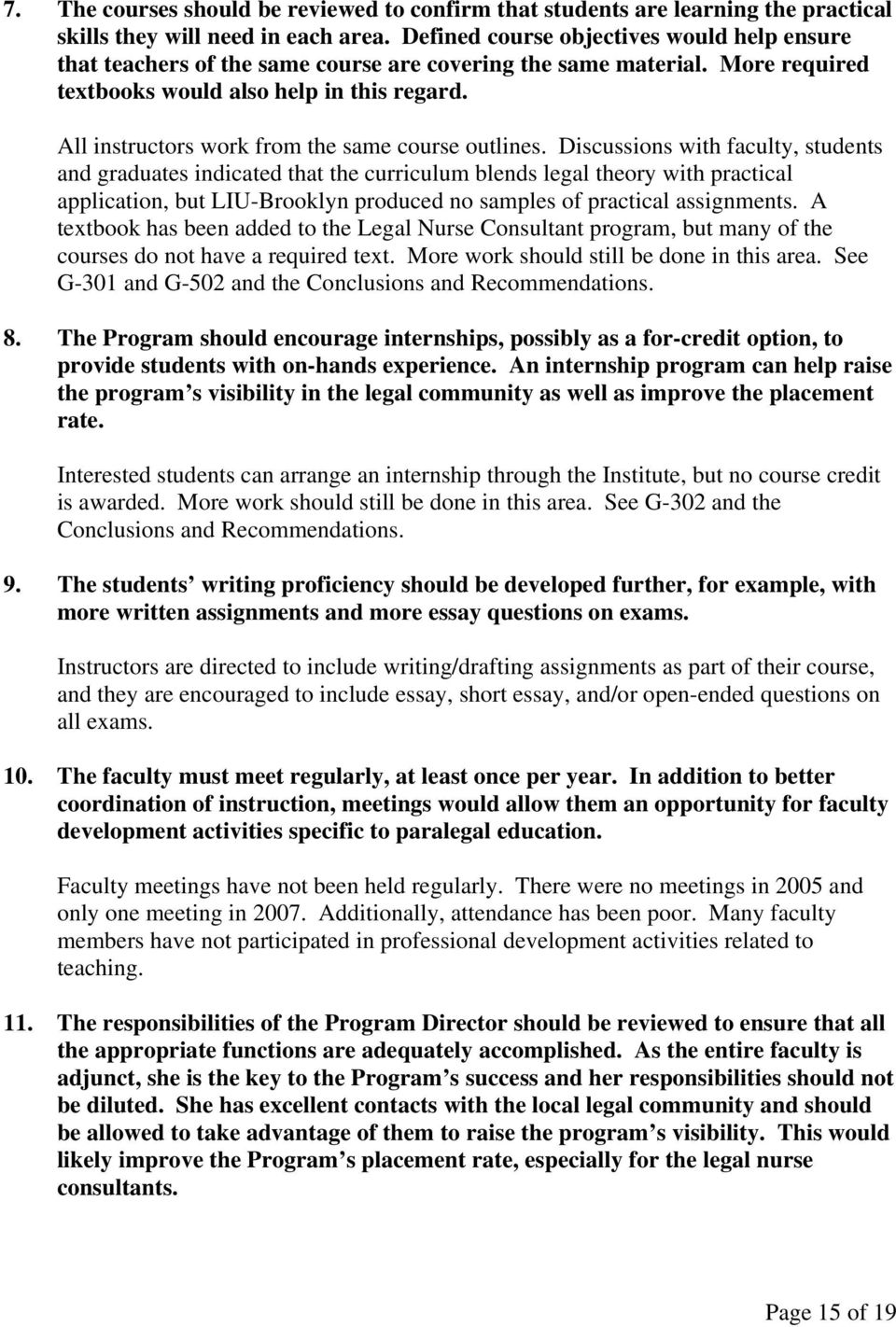Subjective Evidence Based Ethnography: Method and Applications.
Subjective Evidence Based Ethnography (SEBE) is a method designed to access subjective experience. It uses First Person Perspective (FPP) digital recordings as a basis for analytic Replay Interviews (RIW) with the participants. This triggers their memory and enables a detailed step by step understanding of activity: goals, subgoals, determinants of actions, decision-making processes, etc.
Subjective Evidence Based Ethnography (SEBE) is a method designed to access subjective experience. It uses First Person Perspective (FPP) digital recordings as a basis for analytic Replay.

For example, nursing education was the focus of most research studies between 1900 and 1940. As more nurses received their education Nursing Research and Evidence-Based Practice CHAPTER 6 107 in a university setting, studies regarding student characteristics and satisfactions were conducted. As more nurses pursued a college education, staf? ng.

However, many researchers would disagree with this view saying that it is impossible to combine the two approaches. Therefore, there are many advantages and disadvantages of using a qualitative approach when to research the social world. Each different methodology used in qualitative approach has its strengths and limitations. Arguably, one.

Subjectivity and Objectivity in Qualitative Methodology. Carl Ratner. Abstract: This article argues that subjective processes, social relations, and artifacts (including research instruments and methods) enable researchers to objectively comprehend psychological phenomena. This position opposes the postmodernist contention that subjective.

In this column, the questions of what qualitative findings mean, how the ever-increasing amounts of qualitative research evidence can be used, and how such findings can contribute to evidence-based nursing practice, are considered. First, to provide readers with a context for the discussion, a brief overview of qualitative research and its.

Ethnography is an approach to research that has been a significant presence within the field of education since at least the mid-twentieth century. Initially, it was largely distinctive to anthropology, but subsequently came to be used by a much wider range of researchers. The term does not have a single, standard, clearly-defined meaning.

Putting Ethnographic Writing in Context by Seth Kahn This essay is a chapter in Writing Spaces: Readings on Writing, Volume 2, a peer-reviewed open textbook series for the writing classroom. Download the full volume and individual chapters from.

Subjective experiences of younger people with dementia and their families: implications for UK research, policy and practice - Volume 18 Issue 2 - Pamela Roach, John Keady, Penny Bee, Kevin Hope.

Ethnography Essay - Ethnography One of the most complex and interesting aspects of cultural anthropology is the ethnography. The idea of being able to read stories about groups of individuals is something that is intriguing to many people. With the ethnography, the authors many times feel that they have control and understanding over the.

Problems of Reliability and Validity in Ethnographic Research Margaret D. LeCompte Houston Independent School District and Judith Preissle Goetz University of Georgia Although problems of reliability and validity have been explored thoroughly by experimenters and other quantitative researchers, their treatment by eth-.

Nursing Research Using Ethnography: Qualitative Designs and Methods in Nursing - Ebook written by Mary De Chesnay, PhD, RN, PMHCNS-BC, FAAN. Read this book using Google Play Books app on your PC, android, iOS devices. Download for offline reading, highlight, bookmark or take notes while you read Nursing Research Using Ethnography: Qualitative Designs and Methods in Nursing.

Participant Observation Advantages and Disadvantages 8 August 2016 All methods involve observation, but participant observation is characterized by the extent to which its advocates insist on observation and interpretation of a situation, informed by an understanding of the situation from the point of view of the participants rather than the observer.



